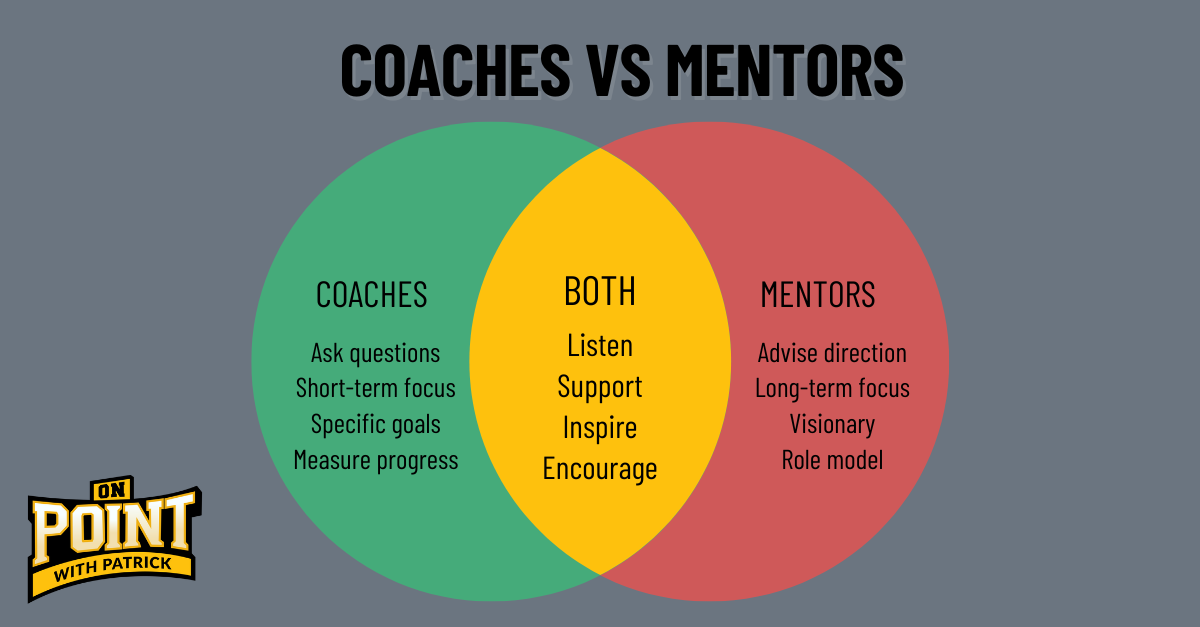Change is inevitable. Whether it’s pursuing a new role, navigating a career shift, adapting to unexpected circumstances, or moving into retirement, the ability to transition effectively is crucial for personal and professional growth. Amidst these career transitions, one invaluable resource stands out: coaching.
Career transitions can be daunting, filled with uncertainties and challenges. However, with the guidance of a skilled coach, individuals can navigate these changes with confidence and clarity. Here are some key benefits of coaching:
Clarity and Direction
Transition periods often bring a sense of ambiguity about the future. Coaching provides a structured approach to self-discovery, helping individuals clarify their goals, values, and aspirations. Through introspective exercises and guided conversations, coaches empower their clients to identify their passions and align them with career opportunities, providing a clear roadmap for their journey ahead.
Personalized Support
No two career transitions are alike. A one-size-fits-all approach rarely yields optimal results. Coaching offers personalized support tailored to the individual’s unique circumstances, strengths, and challenges. Coaches serve as trusted allies, offering encouragement, perspective, and constructive feedback to help their clients overcome obstacles and make informed decisions.
Building Confidence and Resilience
Transition periods can test one’s confidence and resilience. Coaching fosters a supportive environment where individuals can explore their fears, doubts, and insecurities openly. By reframing limiting beliefs and cultivating a growth mindset, coaches empower their clients to embrace change with confidence, resilience, and a renewed sense of self-belief.
Enhanced Self-Awareness
Self-awareness is a cornerstone of personal and professional development. Coaching encourages individuals to deepen their understanding of themselves, including their strengths, weaknesses, and behavioral patterns. By gaining insights into their motivations, preferences, and communication styles, clients can make more informed decisions, build healthier relationships, and unlock their full potential.
Accountability and Motivation
Maintaining momentum during a career transition can be challenging without external accountability. Coaches serve as accountability partners, holding their clients responsible for their actions and commitments. By setting SMART goals, tracking progress, and celebrating achievements, coaches help individuals stay motivated, focused, and accountable throughout their transition journey.
Strategic Networking and Branding
In today’s interconnected world, networking and personal branding are essential for career success. Coaches assist their clients in developing effective networking strategies, building meaningful connections, and enhancing their professional brand. From crafting compelling resumes and LinkedIn profiles to mastering the art of networking conversations, coaches equip individuals with the tools and skills needed to stand out in a competitive job market.
Accelerated Growth and Success
Ultimately, coaching accelerates personal and professional growth, enabling individuals to thrive during career transitions. By leveraging the support, guidance, and expertise of a coach, individuals can expedite their learning curve, overcome obstacles, and achieve their goals more efficiently and effectively than they would on their own.
Coaching during career transitions is not merely a luxury but a strategic investment in one’s future success and fulfillment. By providing clarity, personalized support, confidence, resilience, self-awareness, accountability, networking prowess, and accelerated growth, coaching empowers individuals to navigate change with grace and emerge stronger, wiser, and more resilient than ever before. So, embrace change, and consider partnering with a coach to unlock your full potential and create the career of your dreams. Your journey starts now.








